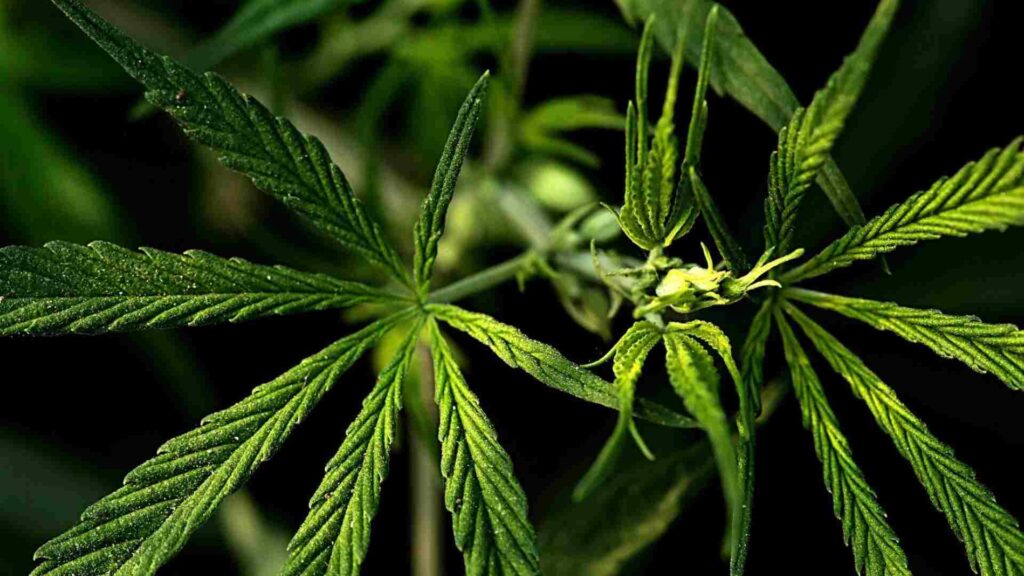
President Joe Biden was praised for pardoning certain marijuana-related crimes. However, a vast majority of convictions remain unaffected. Biden’s announcement expands on an earlier proclamation in October 2022 that forgave people convicted of simple possession under federal law.
It adds to the crimes for which people can be pardoned. However, it does not apply to state-level marijuana convictions. Biden has urged governors to follow his lead and pardon people convicted of similar state court offenses.
Unfortunately, the bulk of drug cases happen on state charges, so the pardon’s reach is limited. This has resulted in a confusing patchwork of laws blanketing the nation.
Technically, cannabis is illegal at the federal level everywhere, despite Biden moving to stop federal consequences for possession. Marijuana remains a Schedule I drug. This means that it has the highest potential for abuse, along with drugs like heroin, LSD, and ecstasy.
ALSO READ: What Does President Biden’s Federal Pardon on Marijuana Use Nationwide Mean?
The DEA is considering a recommendation from the Health and Human Services Department to reclassify pot as a Schedule III drug. So, as the federal government steps back from marijuana enforcement, the states can decide to be lenient or strict.
In cases where a state stops short of recreational legalization, people can face various consequences depending on several factors. Factors may include their circumstances, how much marijuana they carry, and the type they have.
The result of these confusing laws has a real-world effect on thousands of Americans. According to the National Organization for the Reform of Marijuana Laws, there were over 350,000 arrests in 2020. And they all had to do with marijuana.
POLL — Is Artificial Intelligence a Net Positive or Negative for Mankind?
This marks a 36% decrease from 2019’s numbers and is the lowest tally since the early 1990s. However, despite the decline, drug arrests continue to affect people of color disproportionately.
The Baker Institute said Black Americans accounted for 38.8% of marijuana possession arrests in 2020 despite comprising only 13.6% of the U.S. population and using marijuana at the same rate as whites.
According to the Council of State Governments, states take four main approaches to marijuana policy: complete criminalization, legalization of medical marijuana, recreational decriminalization, and recreational legalization.
Decriminalization involves removing criminal sanctions from possession and use but still classifying the drug as illegal. This means people convicted won’t face prison time but instead pay a civil fine or attend treatment.
Marijuana is the most common drug that is illegal at the federal level. While some states have taken a hard stance for or against legalization, others are struggling with how or if to overhaul marijuana laws. This leaves many Americans under a confusing legal framework.
Adding to the confusion, several states have legalized the medicinal use of marijuana, while recreational use still triggers prosecution and penalties up to jail time. Therapeutic use is legal in at least 38 states.
ALSO READ: Cocaine With a Street Value of Over $239 Million Was Just Offloaded in San Diego
In 2022, Missouri and Maryland voted to legalize recreational use, while Arkansas, North Dakota, and South Dakota voted against full recreational use. States considered among the most permissive for marijuana use include Oregon, Colorado, Nevada, and California.
In California, the law allows possession for recreational use of up to 1 ounce of marijuana, six plants, and 8 grams of hash and concentrates. Minors found with up to 28.5 grams may receive an infraction with no fine or prison time.
You Might Also Like:
Pro-Palestinian Activists Arrested for Blocking Entry Into Airports in New York and Los Angeles
Experts Say The U.S. is Pumping Out Oil Faster Than Any Country in the World
Harvard Big Guns Question Board Members on Antisemitism and Controversial President
Students File Lawsuits in Fight Against Antisemitism at U.S. Colleges
Ted Cruz Warns Against TSA Change That May Allow ‘Terrorists’ on Planes
